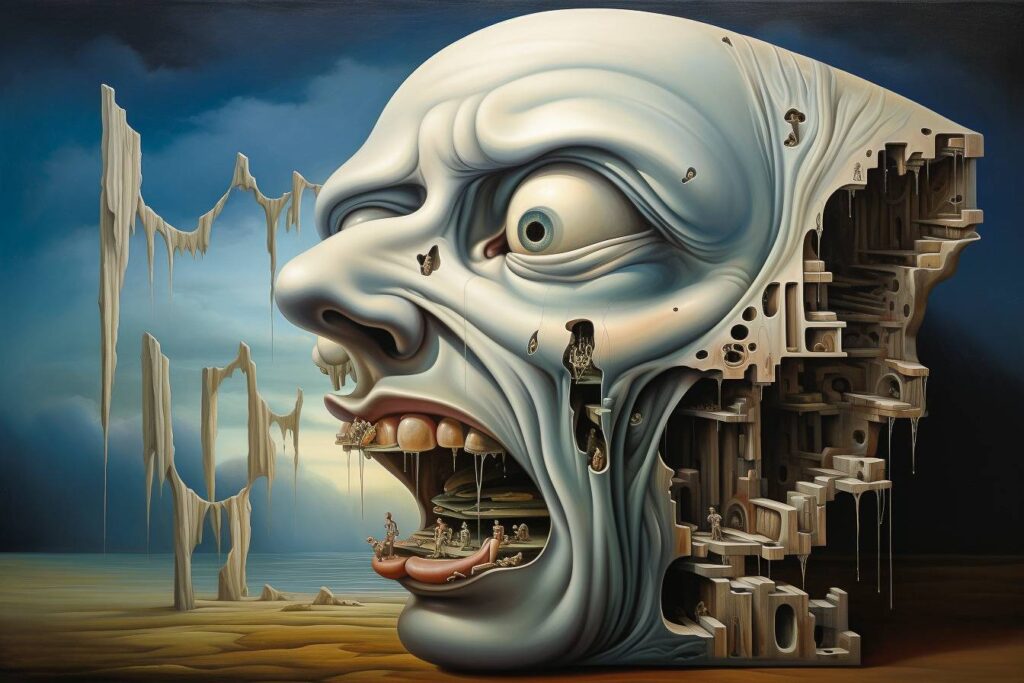Beauty is essentially a subjective appreciation of the world around us that evokes feelings of pleasure, admiration or satisfaction. Beauty is not just about physical appearance, but encompasses different aspects of human experience and expression.
From a philosophical point of view, the understanding of beauty is based on the culture of a society. Some people tend to describe beauty in terms of elements such as symmetry or proportion. Others value the emotional or experiential aspects of beauty, i.e. how a person reacts to what they see.
Cultural influences have a significant impact on public perceptions of beauty. Standards of beauty are diverse and can change to reflect changing social values and expectations. What is considered beautiful in one culture may differ significantly from ideals in another, highlighting the subjectivity and cultural influences of beauty.
In the field of aesthetics, beauty is central to the appreciation of art. The expression of art takes many forms, such as painting, literature or music. The subjective nature of beauty in art is expressed in the individual’s interpretation of artistic beauty, incorporating his or her own perspective and cultural background.
Nature also plays a determining role in our understanding of beauty. Nature with its landscapes inspires awe and admiration. The connection with nature provides people with a source of inspiration that is further exploited in the artworks they create.




